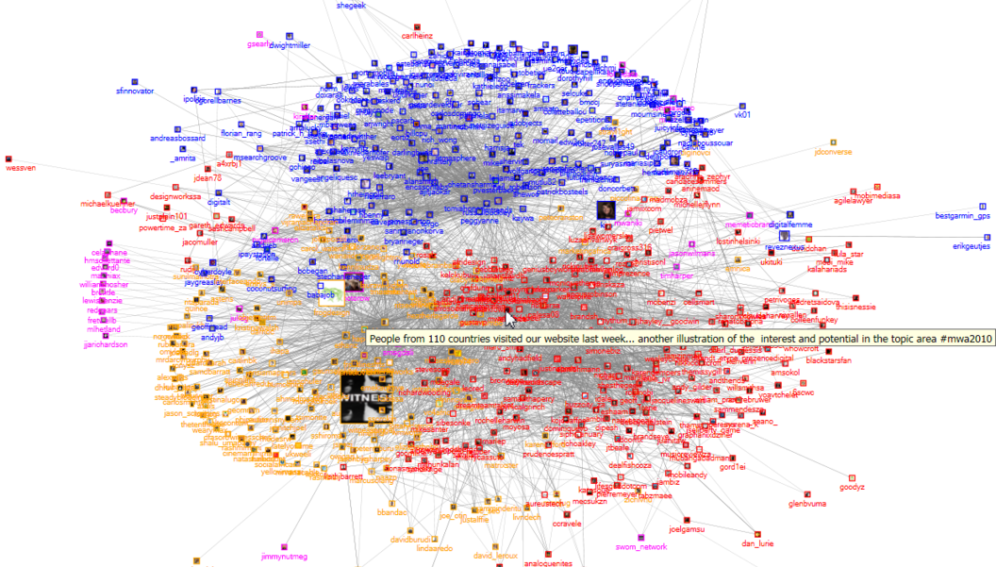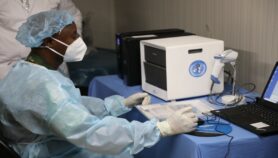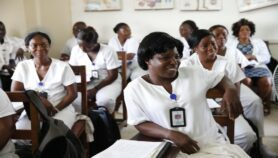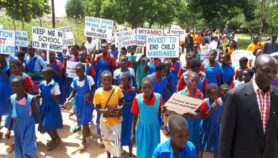By: Maina Waruru
Send to a friend
The details you provide on this page will not be used to send unsolicited email, and will not be sold to a 3rd party. See privacy policy.
[NAIROBI] Most African countries lack autonomous national statistics organisations (NSOs), with many producing unreliable, inaccurate and often manipulated data, according to a new report.
The report states that the lack of autonomous NSOs hinders evidence-based decision-making and the implementation of the United Nations post-2015 development agenda, which calls for data revolution.
“Donor priorities and restriction on how their funds are allocated do not always help produce data that is most helpful at the national level.”
Alex Ezeh, African Population and Health Research Center (APHRC)
Only 12 out of the 54 countries on the continent have independent NSOs and even where they are present, funding remains low, the report, ‘Delivering on the data revolution for Sub-Saharan Africa,’ points out, citing Angola, Burkina Faso, Cape Verde, Chad, Egypt, Ethiopia, Liberia, Mauritius, Mozambique, Rwanda, Tanzania and Uganda
The report, jointly produced by the Kenya-headquartered African Population and Health Research Center (APHRC) and the US-based Center for Global Development, was launched last month (9 July) in Nairobi, Kenya. It states that national statistics systems often rely on donor funding, and thus give priority to donor needs instead of that of national concerns in generating data.
“I believe that governments understand the importance of timely, accurate data for decision-making, but budget[ary] allocation is driven by many different factors and competing priorities,” says Alex Ezeh, the executive director and a co-chair of the working group that produced the report. “Donor priorities and restriction on how their funds are allocated do not always help produce data that is most helpful at the national level.”
The authors identify access to statistics generated in the region as another obstacle to the data revolution. They note that many NSOs are hesitant to publish their data, lack the capacity to publish and manage it to international best practices or do not understand what users want and how to deliver the information to them.
They also identify “misaligned priorities”, where incentives meant to improve availability and quality produce unintended consequences that negatively impact data quality.
Ezeh tells SciDev.Net: “For example, a donor’s decision to only allow certain activities to be carried out — such as field data collection — could take highly skilled NSO staff away from performing technical functions in the office. This creates the unintended consequence of prioritising data collection activities over data processing, analyses and report writing”.
Jason Braganza, a senior statistics analyst at the international development policy organisation, Development Initiatives (DI) African Hub in Nairobi in Kenya, agrees, adding that poor staffing and inability to share it with ordinary citizens is another problem afflicting data generation.
“Investment in better quality and reliable data is going to be even more critical now that many African countries are set to exploit previously unexploited resources such as oil and gas,” says Braganza.
Projects to address build statistical capacity include the Africa Information Highway initiative, the Statistical Data Portal and Open Data for Africa Platform, all funded by the African Development Bank, which has committed more than US$60 million a year to support statistical development since 2013, according to Ezeh.
Link to the report
This article has been produced by SciDev.Net's Sub-Saharan Africa desk.














